

We may earn revenue from the products available on this page and participate in affiliate programs. Learn More ›
Do you ever experience the feeling of being watched when you’re home alone? Hearing disembodied footsteps in your house or strange noises in the attic, or witnessing other spooky phenomena in your home? These unexplained events can be creepy and unnerving, and it may leave you questioning the possibility of your house being genuinely haunted.
Before you call the Ghostbusters (or an exorcist), though, it’s worth taking a closer look at your haunted house symptoms before diagnosing your home with a case of the otherworldly. Let’s explore some signs that people commonly associate with a haunted home so you can decide whether or not you have something truly supernatural to worry about.
6 Signs of a Haunted House—and Possible Explanations
We’ve all seen haunted houses in the movies or been ushered through a haunted house experience with friends on Halloween. They typically have a lot in common: scary noises, unexplained footsteps, objects that move on their own, lights that turn on by themselves. However, experiencing these things in real life, in your own home, is something entirely different. Are these clear indications of a haunting, or could they be ruled out by less spooky explanations?
1. Unexplained Noises or Footsteps
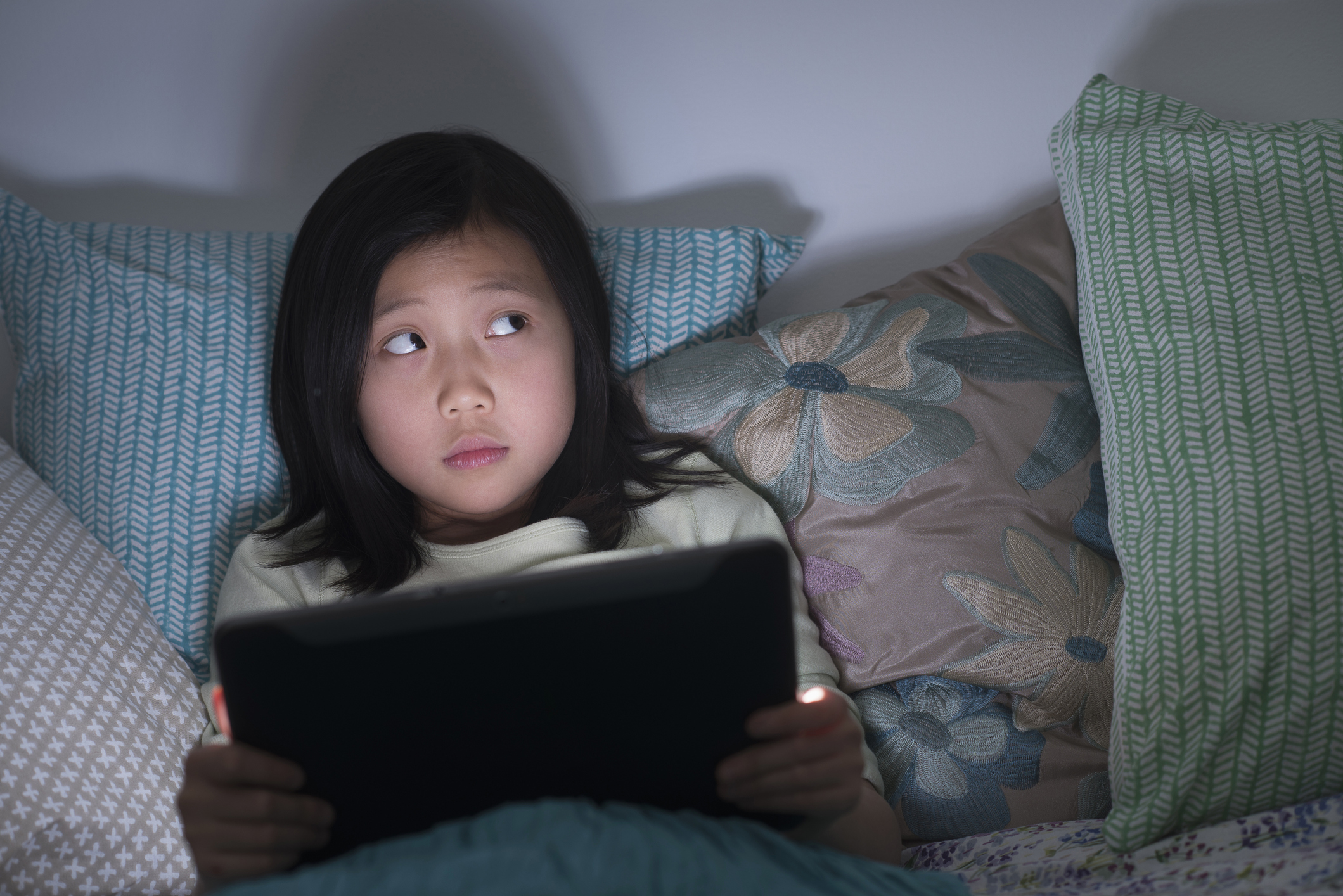
If you hear a loud noise in the attic and no one is up there, it may not necessarily mean you’re dealing with a heavy-footed ghost. Strange noises—even ones that sound like footsteps—coming from your attic, walls, basement, or even from right around the corner, could be caused by an unwanted visitor, but not one of a supernatural nature. Mice, rats, and other pests may be to blame.
“If you have a rodent infestation, they can make scurrying, scratching, hopping, and gnawing noises that can sound a lot like a spirit in the walls trying to get out,” says Al Ruggie, Marketing Director of ASAP Restoration in Phoenix, Arizona. If you notice your cat often stares at walls, their sensitive hearing might be picking up the sounds of these pests present behind the drywall.
Strange noises in a home can also be caused by older building materials. As Ruggie explains, “Often times, especially in older homes, the wood and other building materials swell with the changing moisture in the air throughout the seasons, and this can cause creaking in floors, walls, ceilings, attics, and anywhere else two wood pieces join up together with a little friction.”
Alternatively, your home’s pipes could be to blame. If the pipes are old or worn down, they may become loose and audibly rattle as water moves through them. Pipes can even generate loud banging noises, which can be startling. If your home has high water pressure, turning off a tap can cause the flowing water to abruptly crash into the shut-off valve, generating a loud hammering sound.
Finally, don’t rule out sources from outside the home. Low-hanging or fallen tree branches scraping or knocking against the roof, birds building nests in chimneys, and squirrels playing a game of chase can all result in sounds that might seem to be coming from inside your house. A quick look around the exterior of the house from a tall ladder might set your mind at ease.
2. Doors Opening or Closing on Their Own
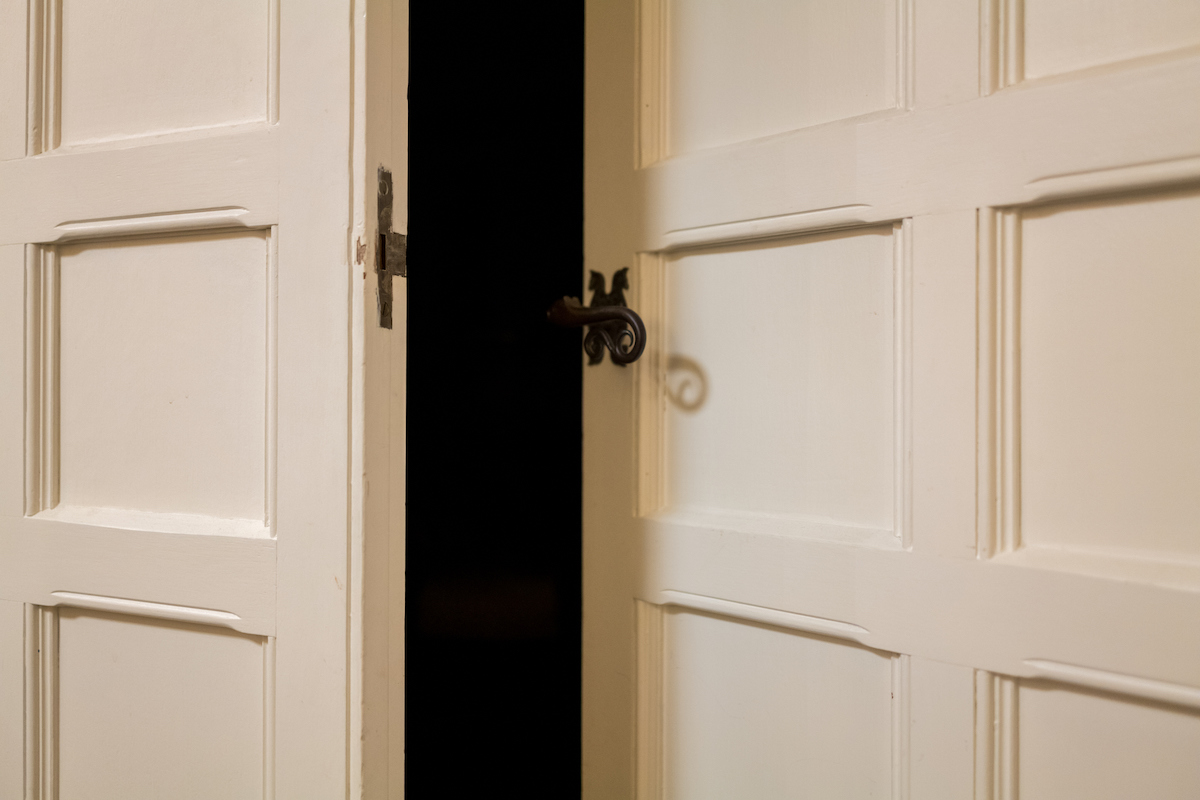
If one of your doors opened on its own, it likely left you feeling on edge. Hearing a door slam shut on its own can be especially frightening. However, spooky as it may seem, it is usually nothing to worry about. “Houses with windows open can get drafty. When the wind hits at the right spot, or if it causes a pressure variation within the house, this can cause doors that are near closing to slam shut without aid,” says Ruggie. Even if you don’t have a window open, drafts coming through insulation leaks or old windows could be to blame, as could a heating, ventilation, and air conditioning (HVAC) system changing the pressure throughout the home.
Another potential cause for a door that closes on its own could be loose or misaligned hinges that are preventing it from latching properly. Tightening the screws or using a level to make sure the door is installed properly might just solve the problem. As houses settle, it can also throw doors off alignment. If it looks like the door isn’t sitting evenly on its frame, consider hiring someone to realign it for you. Or, if you’re feeling a bit handy, you could try making a shim with a thin piece of wood and putting it behind the hinges of the door.
3. Lights Turning On and Off

Do your lights turn on and off on their own? “Flickering lights could be caused by loose bulbs, bad switches, or faulty connections,” explains Joel Worthington, the president of Mr. Electric, a Neighborly company. A few flickers here and there might not be anything too concerning. However, Worthington says, “If it happens a lot, affects several lights, or you notice burning smells or buzzing sounds, that could be a sign of a bigger electrical issue. It’s best to get an electrician in to check things out in that case.”
Ruggie offers another potential explanation. He says, “Many people don’t realize that the electricity coming into their homes to power their things works on more of an as-needed basis.” Sometimes, when you turn on a power tool, a vacuum, or another device, it may cause the lights to flicker. “When that happens it can essentially draw power supply away from the rest of the things in the home, and the result looks like flickering or a mini brown-out,” says Ruggie.
4. Cold Spots in Certain Rooms
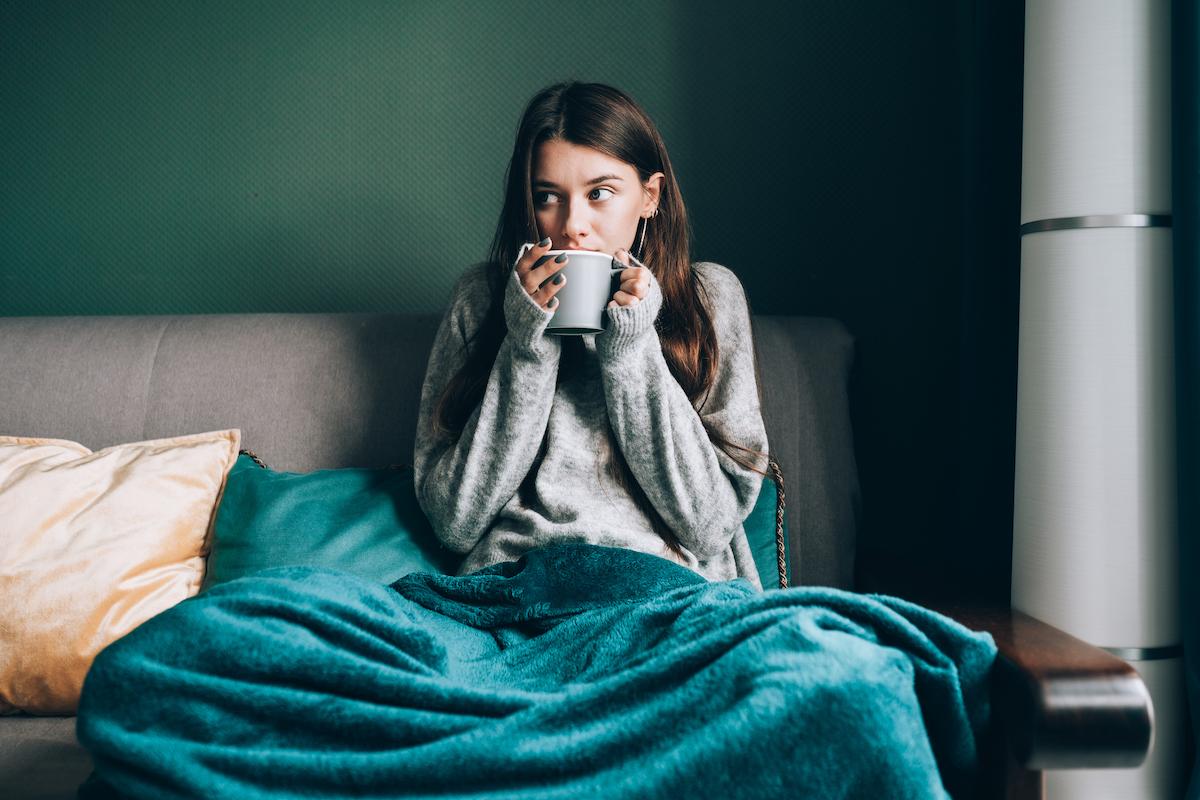
Cold spots in a house are often attributed to the presence of a spirit. However, Brad Roberson, the president of Aire Serv, a Neighborly company, offers a simpler explanation for this phenomenon. “If some rooms are colder, it could be due to air leaks, blocked vents, or uneven heat distribution.”
Roberson recommends checking doors and windows for drafts that could be making your house feel so cold. Once discovered, you can add some insulation or seal leaks in these areas. “Dirty air filters or unbalanced airflow might also be to blame. Filters should generally be changed every 30 to 90 days, depending on the household, and make sure the vents are open to allow air to flow properly,” says Roberson.
5. Sudden Strange Odors
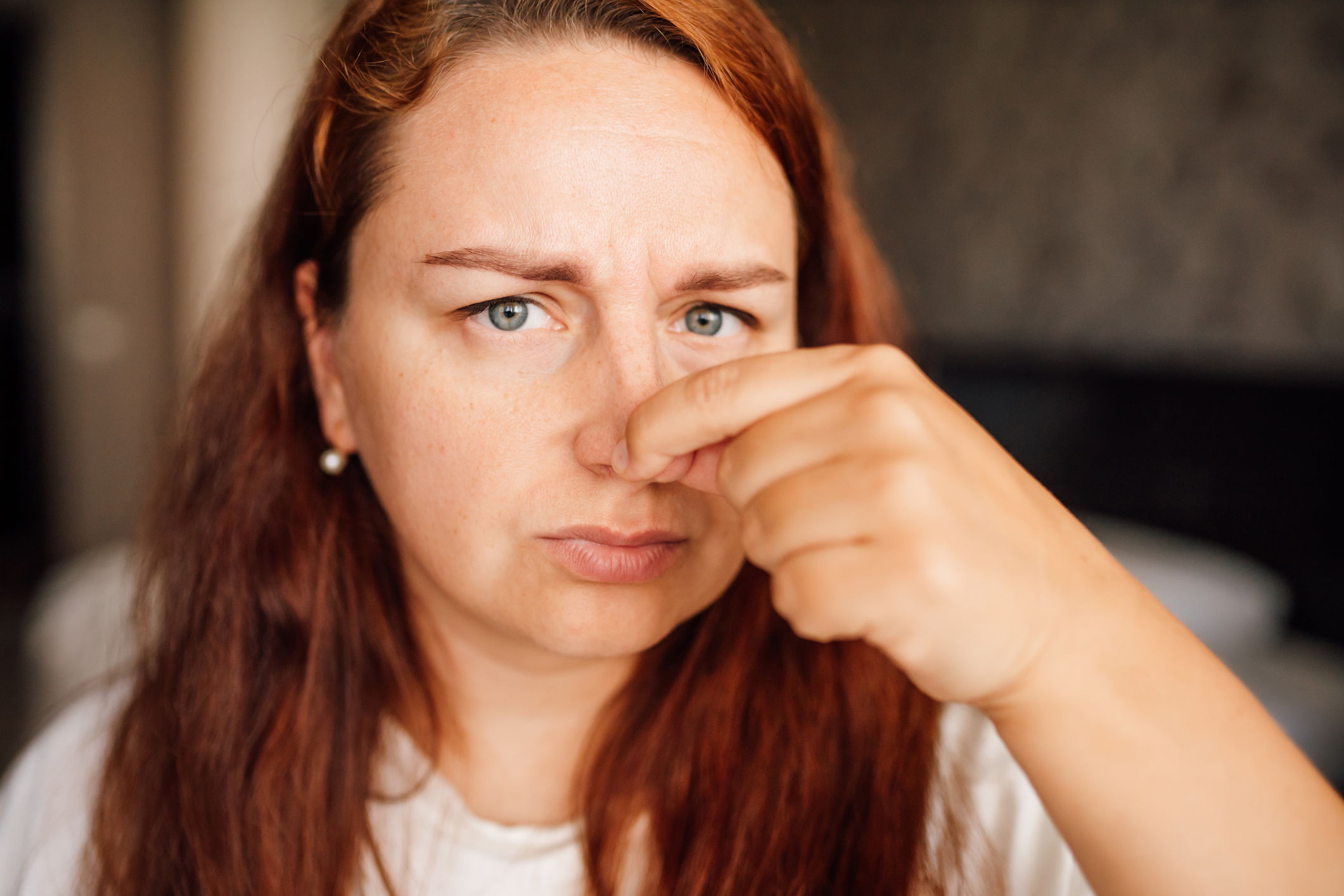
Strange odors often have simple explanations—and some may require immediate action on your part. “A rotten egg smell could indicate a leak and should be addressed immediately,” says Roberson. If you notice a rotten egg smell in your home, evacuate immediately and call the fire department. The smell could be coming from a natural gas leak, which can result in a fire or explosion. Additional leaks that might result in bad smells include sewage from a damaged drainage line or refrigerant from your HVAC system.
Other strange odors, while not as dangerous, can still be unpleasant and concerning. Still, they’re likely also not caused by a ghost. “Leftover laundry like a single sock could create a funk in your washer, as can mold in the seals or gaskets. Even standing water that hasn’t fully emptied or soap scum that hasn’t been fully cleaned can start smelling,” says Toby Schulz, the CEO and co-founder of Maid2Match. Schulz points out a few more potential culprits for a sudden weird smell in the house, including food rotting behind the refrigerator, a clogged drain, or a toilet that is dirty or has a leaking seal.
6. Orbs Appearing in Photographs
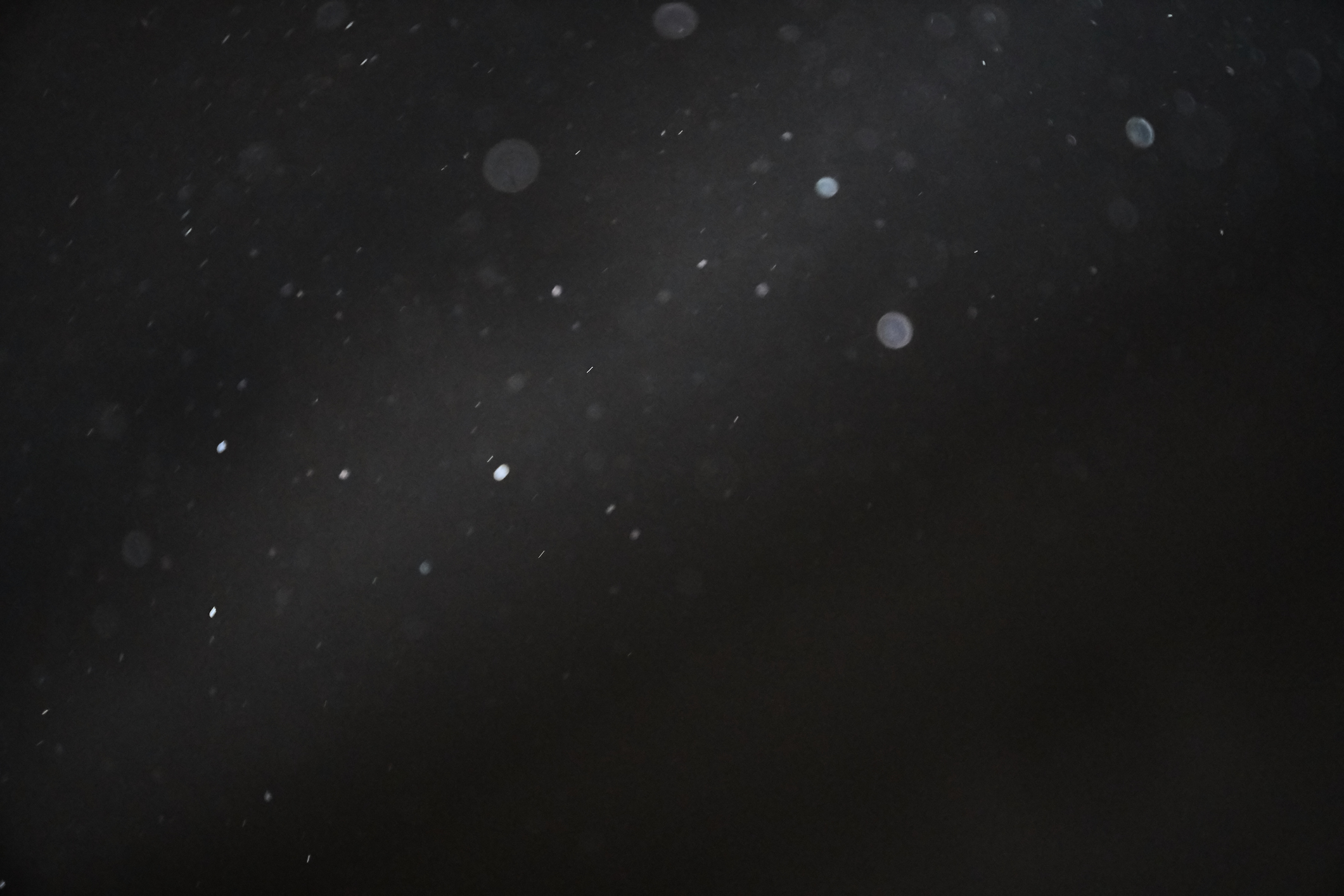
While orbs in photos are commonly associated with ghosts or other paranormal occurrences, Toby Schulz explains a simpler, and far less exciting, cause. The “spirit orbs” you may spot in photographs (or even with the naked eye) are almost certainly small airborne particles catching the light. “Think dust, pollen, condensation, and even insects,” he says.
According to Schulz, it can be more likely for an orb to show up when the camera’s lens is closer to the flash, as it will be more likely to catch a reflection of a dust particle or something else floating in the air. This reflection will look like an orb in the photograph. Instead of looking for a paranormal expert, “If you’re seeing a lot of orbs in photos or in your vision, it might be time to get dusting,” says Schulz.
What to Do If You Think Your House Is Haunted
If you’ve considered all the possible logical explanations and are still convinced that your house is haunted, there are a few things you can do. We reached out to Carrie McCabe, the co-host of the Ain’t it Scary with Sean and Carrie podcast, to learn more about how to handle paranormal activity.
Investigate Your House’s History

The first thing you might want to do is learn more about your house’s history. “It might give you some clue as to why you might be having experiences and ‘who’ might be perpetrating them,” says McCabe.
Finding out who lived in your house before you—or if someone was ever killed or died in the home—could be very revealing. This may take some exploring and research. Some good places to start could be with older neighbors, the county clerk’s office, tax assessments, or even an internet search using your home’s address. You could also explore whether your community has any sort of a historical society or community members who are well-versed in past events.
Try to Capture Evidence—If You Dare
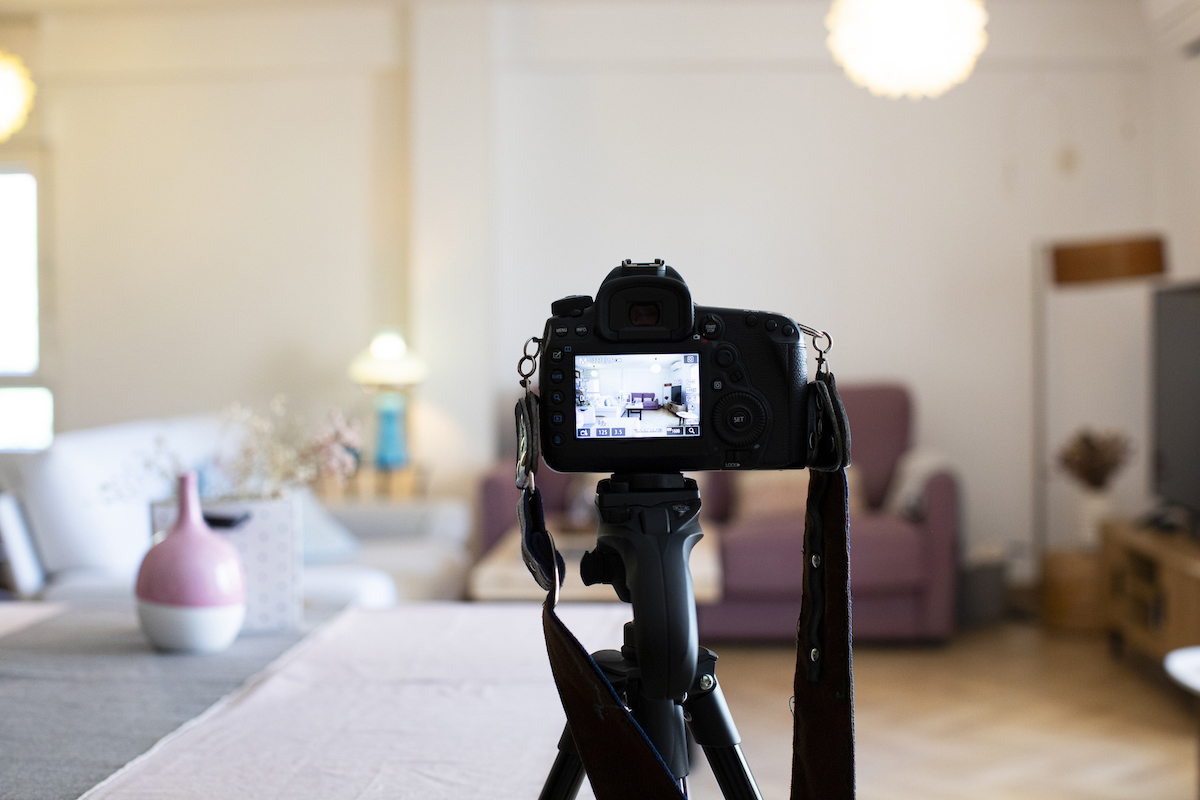
If it sounds like someone is walking in your attic or you notice your cat or dog staring at the wall, try to capture evidence. “Many times when people begin to experience things they cannot explain, they doubt their own experiences and think they might just be going a little ‘crazy’ or ‘seeing things.’ Capturing evidence that can be replayed, whether it is visual or audio, can help establish that something is indeed happening and, if you seek out external help, assist in showing those outside the home what exactly is going on,” shares McCabe.
She recommends setting up cameras in your home to record the noises or other phenomena that you believe are occurring. To gather additional evidence, McCabe notes that you could consider “conducting EVP (electronic voice phenomena) sessions with any kind of audio recorders.”
If you hire professional paranormal investigators, they might bring special equipment such as night-vision cameras, thermal imaging devices, and motion detectors to look for evidence.
Consider Selling Your House and Moving
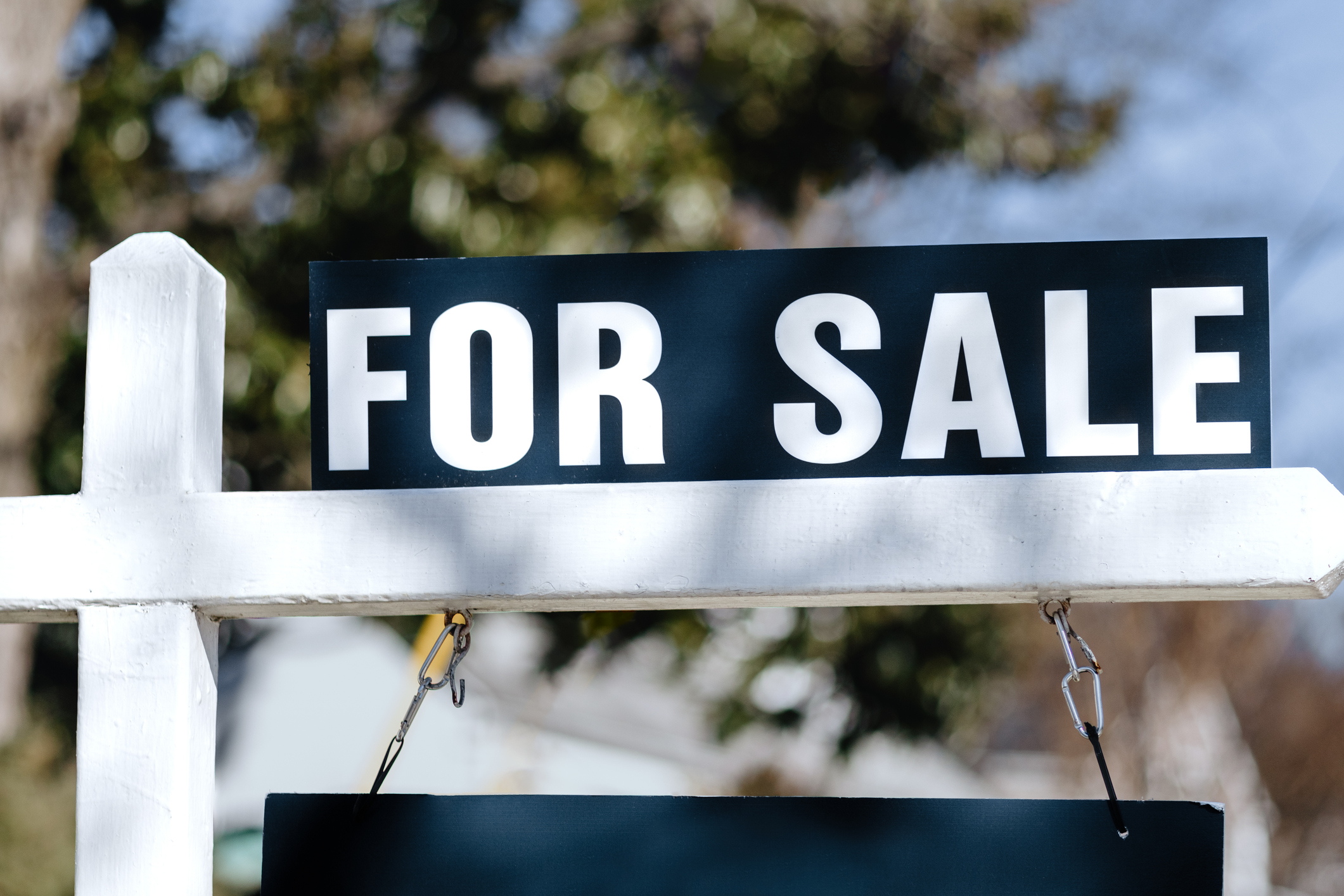
If you can’t get to the bottom of the spooky sounds or phenomena that you’re experiencing, you could consider selling your house and moving somewhere new. “To us this would very much be a last resort, especially since most of us have a lot of our equity tied up in our homes and just selling and moving might not be feasible for everyone – plus, there’s the issue of leaving the home and saddling the next residents with the same problem,” says McCabe.
There’s also no definitive or corroborated evidence of people being hurt or killed by ghosts, so there’s likely no real harm staying in your home. However, if you find that you can’t rest or relax in your own home, you might decide that moving somewhere new is the best solution for your mental wellbeing. Who knows? You might sell to someone who loves ghosts.
Before jumping to this last resort of selling, McCabe says, “I’d suggest trying to seek out external help, whether that is through a paranormal expert or a religious figure (priest, shaman, etc.) to come into the home and give their opinions, perhaps a blessing as well.”
